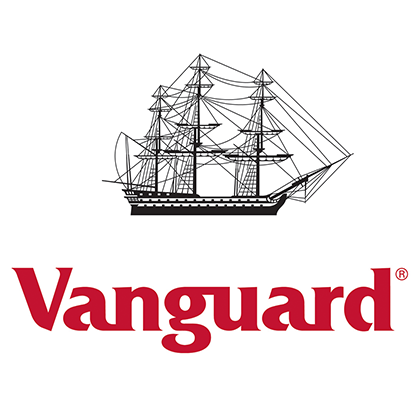Vanguard
Hargreaves Lansdown
Compare platforms
| Vanguard | Hargreaves Lansdown | |
|---|---|---|
| Account types | ||
| Stocks and shares ISA | ||
| General investment account (GIA) | ||
| CFD trading | ||
| Crypto trading | ||
| Fees | ||
| Account fee | 0.21% per year | 0.45% per year |
| Foreign exchange fee | Free | 0.25%-1.00% |
| Trading fee | Free | £5.95 |
| Safety & regulations | ||
| FSCS protected | ||
| Others | ||
| Range of stocks | Index funds | 4,000+ |
| Interest on cash | 2.6% | 3.7% |
| Demo account | ||
| iPhone / Android Apps | ||
| Desktop / Web Apps | ||
| Known for | Ready made index funds | Customer support |
| Keep in mind | Capital at risk | Capital at risk |
| Go to site | Go to site | |
Updated: Jul 2024
Summary (Vanguard vs Hargreaves Lansdown)
Vanguard and Hargreaves Lansdown are prominent investment platforms with distinct focuses. Vanguard is renowned for its low-cost index funds and ETFs, offering a passive investment approach ideal for long-term investors seeking diversified portfolios at minimal fees. Hargreaves Lansdown, on the other hand, provides a comprehensive investment platform with a wide range of funds, stocks, and pensions, albeit with associated fees. Vanguard caters to those prioritizing low-cost, straightforward investing, while Hargreaves Lansdown appeals to investors looking for a broader selection of financial products and comprehensive investment services. The choice between them depends on individual preferences, with Vanguard emphasizing cost-efficiency and simplicity, and Hargreaves Lansdown offering a more extensive suite of financial offerings and services.

